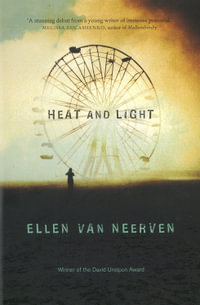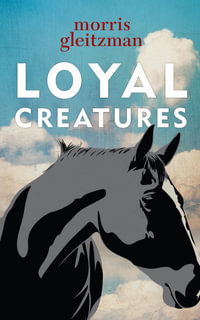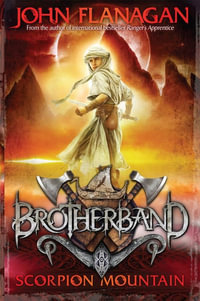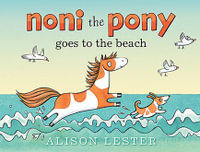This is a story of resilience, the irrepressible, enduring nature of love, and the fragility of life. From one of Australia's most loved novelists.
He felt like a pirate landing on an island of little maimed animals. A great wave had swept them up and dumped them here. All of them, like him, stranded, wanting to go home.
It is 1954 and thirteen-year-old Frank Gold, refugee from wartime Hungary, is learning to walk again after contracting polio in Australia. At The Golden Age Children's Polio Convalescent Hospital in Perth, he sees Elsa, a fellow-patient, and they form a forbidden, passionate bond.
The Golden Age becomes the little world that reflects the larger one, where everything occurs, love and desire, music, death, and poetry. Where children must learn that they are alone, even within their families.
Written in Joan London's customary clear-eyed prose, The Golden Age evokes a time past and a yearning for deep connection. It is a rare and precious gem of a book from one of Australia's finest novelists.
Read Caroline Baum's Review
Do you remember polio? Perhaps you don’t, but when I was growing up there were children who wore callipers (metal contraptions bolted to their leg below the knee) at my school or limped along wearing an awful tall shoe.
Joan London has chosen child polio victims as her subject for this beautiful, tender and gently moving novel set in The Golden Age, a home for polio sufferers called in nineteen fifties Perth. There, thirteen year old Frank meets fellow patient Elsa and the two fall quietly and gradually in love. Prompted by his encounter with a poet in an iron lung, Frank is also discovering his love of poetry and making his first tentative attempts to write.
London, who has always been a writer of great subtlety and sensitivity, particularly when it comes to parent child relationships, deploys a real delicacy and empathy towards her subject, most especially in dealing with the parents attitudes to their children’s illness: shame, bitterness, acceptance. She captures the attitudes towards disability of the era in a way that is a valuable reminder of how much things have changed for the better. Avoiding sentiment, she taps into genuine feeling achieving a quietly profound effect.
About the Author
Joan London is the author of two prize-winning collections of stories, Sister Ships, which won the Age Book of the Year in 1986, and Letter to Constantine, which won the Steele Rudd Award in 1994 and the West Australian Premier's Award for Fiction. These stories have been published in one volume as The New Dark Age. Her first novel, Gilgamesh, was published in 2001, won the Age Book of the Year for Fiction in 2002 and was longlisted for the Orange Prize and the International IMPAC Dublin Literary Award. Her second novel, The Good Parents, was published in April 2008 and won the 2009 Christina Stead Prize for fiction in the NSW Premier's Literary awards. Joan London's books have all been published internationally to critical acclaim. The Golden Age (2014) is her third novel.
Industry Reviews
'London's prose is a seamlessly shifting blend of poetry, pathos and humor' Washington Post













![Plenty More : Vibrant Vegetable Cooking from London's Ottolenghi [A Cookbook] - Yotam Ottolenghi](https://www.booktopia.com.au/covers/200/9780091957155/3909/plenty-more.jpg)


